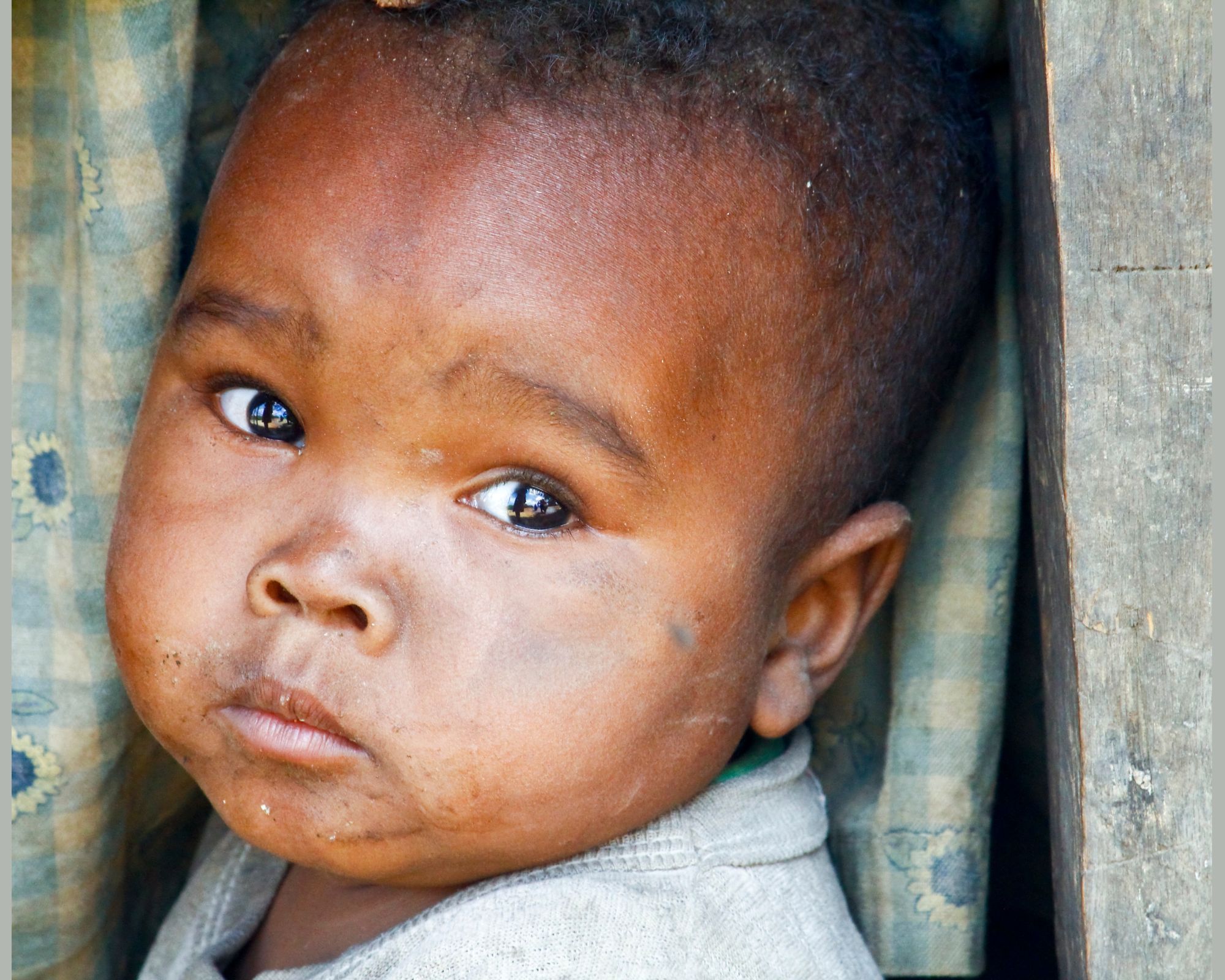Summary:
-
To end months of bloodshed and lawlessness that have fueled a humanitarian crisis, the UN Security Council unanimously authorized a sanctions system for Haiti that targets gang leaders and those who bankroll them.
-
Violence, shortages, and gangs when Haiti is dealing with a spreading cholera outbreak, gangs have been blocking access to the central fuel station in Port-au-Prince.
-
According to the UN Committee, the rise in violence threatens children’s rights to life, education, access to clean water and sanitation, health, and nutrition.
-
According to UNICEF, nearly 100,000 children under five are expected to suffer from severe acute malnutrition.
-
One in five boys and one in four girls have experienced sexual abuse in the capital.
Members of the CRC pleaded with the international community to assist the Caribbean nation’s leaders in protecting the rights of millions of boys and girls to live, grow, learn, and prosper.
To end months of bloodshed and lawlessness that have fueled a humanitarian crisis, the UN Security Council unanimously authorized a sanctions system for Haiti that targets gang leaders and those who bankroll them.
Violence, shortages, and gangs
When Haiti is dealing with a spreading cholera outbreak, gangs have been blocking access to the central fuel station in Port-au-Prince. This has impacted the provision of healthcare and other essential services.
The nation is still experiencing political and economic collapse.
According to the UN Committee, the rise in violence threatens children’s rights to life, education, access to clean water and sanitation, health, and nutrition.
Most people have not attended school since the start of the academic year on October 3 due to rising insecurity.
According to UNICEF, nearly 100,000 children under five are expected to suffer from severe acute malnutrition. This is a concerning statistic because malnourished children are more likely to contract cholera.
Recruiting rapes and fears
The danger of cholera is increased since many of the poorest families in Haiti lack access to safe drinking water, soap for handwashing, and even the most basic sanitation.
As a result of fuel shortages and security issues, hospitals can only provide a restricted number of services.
Many Haitian kids constantly fear being hurt or killed by gangs, so the Committee talked about more risks.
Girls, mostly under 10, have also endured hours of gang rape in front of their parents.
One in five boys and one in four girls have experienced sexual abuse in the capital.
Respect rights and obligations
The statement read, “The Committee urges Haiti to comply with its obligations under international human rights law under the Convention on the Rights of the Child and its Optional Protocols on the involvement of children in armed conflict and the sale of children, child prostitution, and child pornography.”
Authorities in the Haitian government and non-state actors have also been encouraged to uphold the rights of all children and make it easier for humanitarian aid to reach the neediest households.
The UN Human Rights Council in Geneva nominated the 18 impartial experts that make up the Child Rights Committee.
The Committee holds three sessions yearly in the Swiss city where it meets.
Members are not paid for their labour because they are not UN employees.
Analysis by: Advocacy Unified Network

